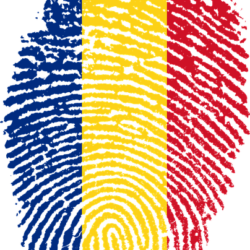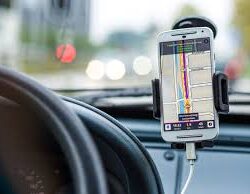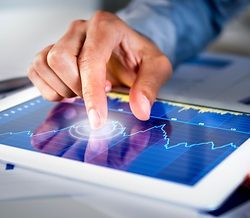New findings for improvement haptic feedback systems
Human fingerprints have a self-regulating moisture mechanism that not only helps us to avoid dropping our smartphone, but could help scientists to develop better prosthetic limbs, robotic equipment and virtual reality environments, a new study reveals. Primates – including humans, monkeys and apes – have evolved epidermal ridges on their hands and feet with a Read more about New findings for improvement haptic feedback systems[…]


